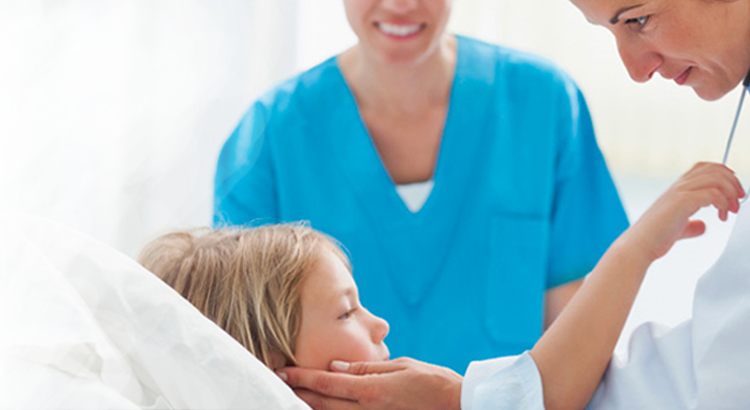Access to general healthcare services and health education is a fundamental right that empowers individuals and communities to lead healthier lives. These two pillars of public health are interconnected, playing a vital role in improving overall well-being and addressing health disparities. When combined, they create a powerful synergy that empowers communities to make informed decisions about their health, prevent diseases, and reduce healthcare inequalities. General healthcare services encompass a wide range of medical care, from primary care providers to specialized clinics and hospitals. The availability and accessibility of such services are critical for ensuring that communities receive the medical attention they need. For underserved and marginalized populations, access to general healthcare services can be a lifeline, offering treatment for acute conditions, management of chronic diseases, and preventive care. In economically disadvantaged communities, access to general healthcare services can be limited, leading to disparities in health outcomes. However, healthcare access alone is not enough. Empowering communities also requires a strong emphasis on health education.

Empowering these communities means working to ensure that basic healthcare services are available and affordable. Government initiatives, community health centers, and non-profit organizations play a pivotal role in bridging this gap. By providing accessible healthcare services, they help individuals seek timely medical care, which can be life-saving in many instances. Health education equips individuals with the knowledge and tools they need to make informed decisions about their health. It covers topics such as disease prevention, nutrition, exercise, mental health, and understanding the healthcare system. Effective Alamo City Urgent Care can positively impact lifestyle choices, ultimately reducing the burden on healthcare systems and improving overall community health. Health education is especially vital in preventing chronic diseases, such as diabetes, heart disease, and obesity, which are often preventable through lifestyle modifications. These conditions are more prevalent in communities with limited access to healthcare and education. By providing health education, individuals can better understand the risk factors and preventative measures associated with these diseases, potentially avoiding them altogether.
When general healthcare services and health education are integrated, they create a powerful force for community empowerment. Consider the example of a community health fair. Such an event can offer free screenings for common health issues like blood pressure and cholesterol, providing immediate access to healthcare services. Simultaneously, it can feature workshops on healthy eating, exercise, and mental well-being, imparting essential health education. Community health workers, who often serve as a bridge between healthcare providers and the community, play a crucial role in combining healthcare services and education. They not only facilitate access to healthcare resources but also deliver educational outreach programs that empower individuals with knowledge about disease prevention and health promotion. Another vital aspect of healthcare empowerment is addressing cultural and linguistic diversity. The synergy between healthcare services and education is a powerful force for positive change, helping communities take charge of their health and fostering a brighter, healthier future for all.
